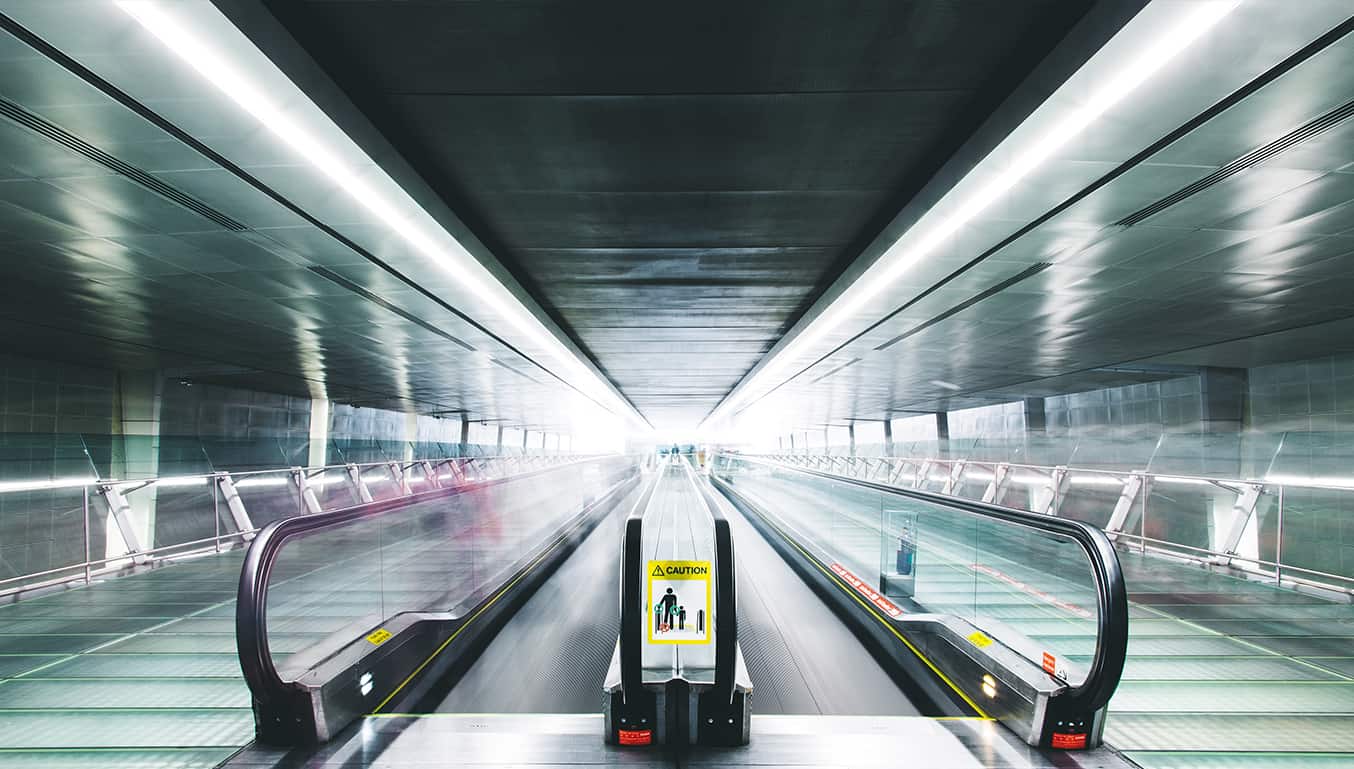The Home Office is serious about incorporating technology in its immigration process. The advent and expansion of e-gates, the introduction of online applications and the implementation of the EU Settlement Scheme using NFC-mobile phones is all part of the Home Office’s drive to automate and digitize its procedure.
In May 2019, the Home Office advertised for a Director of Immigration Technology. The purpose of this role was to spearhead the technological advancements of UK Visas & Immigration (UKVI), the Immigration part of the Home Office.
The Home Office has always struggled in dealing with immigration applications efficiently. The UK’s immigration law is extremely complex, and this has resulted in lengthy paper application forms to obtain the information from a prospective applicant. The end-result has been lengthy processing times and an overwhelming number of incorrect decisions being overturned on appeal/review. This then has a knock-on effect on the Courts system who are left to determine these appeals, which again take months to decide.
As such, the Home Office has always looked toward technology to improve its current system and to make its systems more efficient. This has not always gone according to plan, for example the failed e-borders project took 8 year for delivery cost the Home Office millions of pounds.
However, the tides seem to be turning. The EU Settlement Scheme (EUSS) is the Home Office’s latest project and is thought to be a pilot project to widen digital immigration applications. The EUSS is a complete paperless solution which relies on Near Field Communication (NFC) technology to verify identity. This is followed by automated check on HMRC and DWP databases using the National Insurance number. This means in most cases the applicant does not need to provide any further supporting evidence (compared to the EEA PR application which often resulted in hundreds of pages of financial documents spanning 5-years).
The end-result is that most applications are being considered in a matter of days (compared to the previous 6-month processing time for EEA Permanent Residence applications).
It is expected that other immigration applications will also incorporate a similar use of technology. The Home Office has already moved most of these applications online, which means a tailored application form, and provides for supporting documents to be scanned prior to or at the biometric appointment. In most cases, the passport does not need to be sent, as it can be checked by UKVI’s commercial partner, Sopra Steria, at the Biometric appointments.
The Home Office is serious about incorporating technology in its immigration process.
The use of technology is not limited to immigration applications and the use of automated e-gates is one example. These gates have been very successful and are arguably more secure then the manual checking of passports by an Immigration Officer. This technology again relies on the chip found in e-passports and matches this with a facial image. This has led to immigration officers focusing more on high-risk cases and a reduction in passenger time spent at the UK border.
The use of technology is, however, not without its criticisms. The increasing use of automated systems and algorithms have come under scrutiny, which critics warn could be discriminating against some applicants. The policy behind these algorithms has not been disclosed and therefore it is difficult to assess the extent of the risks involved.
One thing is however certain, the Home Office is serious about its use of technology, and this may be because of the benefits it has already seen in some application. In the coming years, we can expect all applications to have an element of automation and digitisation to them.




